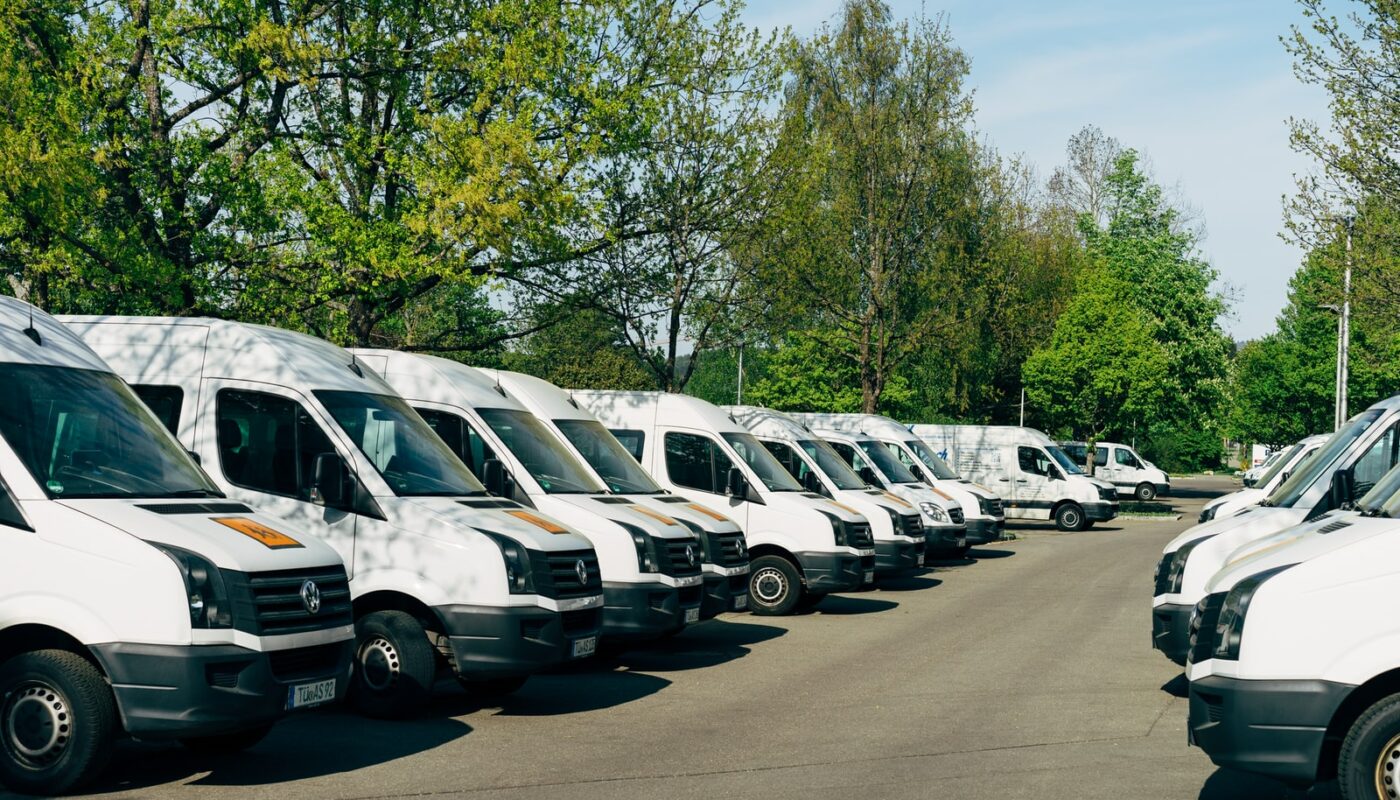If you’re a small business owner, you need to know that van insurance is essential when protecting your business’ assets. However, many options are available on the market today, and it can be challenging to know where to start when selecting the right cover. Suppose you’re looking for advice on protecting your fleet of vehicles and drivers. In that case, this guide will help answer your questions about commercial van insurance policies so that you can make an informed decision to ensure that your business is adequately covered if something goes wrong.
Why Van Insurance is Important
If you’re using a van for your business, van insurance is necessary. It’s a legal requirement and protects against all sorts of risks. If your vehicle is damaged or stolen, the cost of repairs can be high, and costs must be covered by insurance.
Vans are also used for personal use—whether taking your family on holiday or driving to work every day. It pays to ensure they’re correctly insured with many different uses for vans.
If you run a fleet of vans in your business, buying multiple policies could be more expensive than getting one van policy with cover across all vehicles, which suits your needs perfectly!
Van insurance is a must for any business, especially those operating a fleet of vans.
Van insurance is a must for any business, especially those operating a fleet of vans. The level of cover you need depends on the van you’re driving, how many employees use it, and what they do with it. Van insurance covers any damage caused by accidents (including third-party liability), theft or fire, vandalism or malicious damage and loss due to natural disasters like floods and earthquakes.
If your business relies on its vans to make deliveries, then you need to make sure that whoever drives them has up-to-date car insurance, too; this will protect them in case of an accident or incident involving one of your vehicles while they’re working for you (as well as protecting themselves).
You can add extras to your van insurance policy.
You can add extras to your van insurance policy.
- Additional drivers: If you require more than one person to drive a vehicle, you can add additional drivers to your privacy policy. However, only the primary driver is covered under the commercial policy.
- Additional vehicles: If you have more than one vehicle insured with the same insurer and are all within a certain distance (known as “excess third party”), these vehicles may be treated as part of one group for premium purposes. Your insurer’s excess third-party cover will cover any damage caused by an accident involving another vehicle or person instead of being paid out of pocket.
Theft cover is an optional extra that you can add to your van policy
- Theft cover is an optional extra that you can add to your van policy.
- It’s a good idea to have a theft cover as it provides additional protection for your vehicle in the event of vehicle theft.
- Adding theft insurance varies depending on the make and model, but it can be expensive. In general, it’s recommended that you play around £100 per year for this type of coverage.
What’s the difference between private and commercial van insurance?
Van insurance is available in two different varieties: private and commercial. Private van insurance is for personal use, while commercial van insurance covers vans used for official business purposes.
Commercial van insurance can be slightly more expensive than private van insurance, as it covers more risks and provides better protection against potential losses. However, it’s important to note that your premium will be affected by the type of vehicle you drive (e.g., a large cargo van might carry higher premiums than a small car) as well as where you live or work (e.g., if you live in an area with high crime rates).
Adding additional drivers could save you money by spreading the risk among several drivers
When you add additional drivers or vehicles to your policy, you are increasing the risk that they may be involved in an accident. As a result, it’s possible to save money by spreading the risk among multiple drivers and vehicles. The more drivers and/or vehicles on your policy, the lower each individual’s cost will be. However, if you’re looking for extra cover (e.g., comprehensive coverage), adding multiple drivers and/or cars could increase how much it costs per driver or vehicle.
Can I use my van for personal use?
You can use your van for both personal and business use. You can only drive your van for personal use if you don’t have a valid business.
If you do have a valid business and are using your vehicle to carry out that business, or if it’s used in connection with the following activities:
- transporting goods for sale or hire – this includes any goods being transported by order of customers (but not for delivery by the driver)
- providing a taxi service – eg you own a minicab company
- carrying passengers for hire or reward – eg running an airport transfer service
Van insurance offers protection against many types of accidents, which can be valuable to your business.
Van insurance offers protection against many types of accidents, which can be valuable to your business. The following is a brief description of what van insurance covers:
- Van Insurance covers you against damage to your vehicle. If someone hits your van and causes it to become damaged or inoperable, this type of coverage will pay for repairs or replacement.
- Van Insurance covers you against damage to other vehicles. If someone else’s car is hit by yours while driving on the road and suffers damage, this type of coverage will pay for their expenses and yours.
- Van Insurance covers damage done by an accident with another person’s property (besides cars). For example, suppose someone bumps into your mailbox on their way past your house in their car and knocks it over. In that case, that person could be held liable for damages under this part of the policy because they did not drive it! That means even though they were driving at the time when something happened outside their vehicle – such as stepping off onto grassy lawns away from paved roads -there would still be some sort of compensation paid out under these terms, provided there wasn’t any evidence suggesting otherwise (such as being drunk).
Why is commercial van insurance so expensive?
So, you probably already know that commercial van insurance can be expensive, but it is worth checking with an insurance broker. That’s because it covers more than just the cost of replacing your van in the event of an accident or theft. It also covers personal injury, property damage and medical expenses for anyone injured in the accident. Additionally, it often includes coverage for uninsured motorists and property damage caused by uninsured drivers.
The rates are so high because vans are frequently used by people who drive them both on business and personal journeys and sometimes even both at once. In other words, they drive their vans to work and then take them home after hours to run errands, go shopping, or do anything else (including keeping up with their hobbies). Because there’s no way for insurers to know if you’ll be using your vehicle differently today than yesterday—or tomorrow—they base their premiums on past behaviour instead: how often has this driver had recent accidents?
Conclusion
We hope this article has given you a good idea of what van insurance is and how it can benefit your business. It’s important to remember that when you insure your van, there are two types of cover: third party and third party fire and theft. Third-party insurance offers protection against any damage caused to other vehicles or property in an accident for which the driver is deemed liable. Third-party fire and theft cover damage caused by fire or theft from the insured vehicle while driving or parked at any location.



